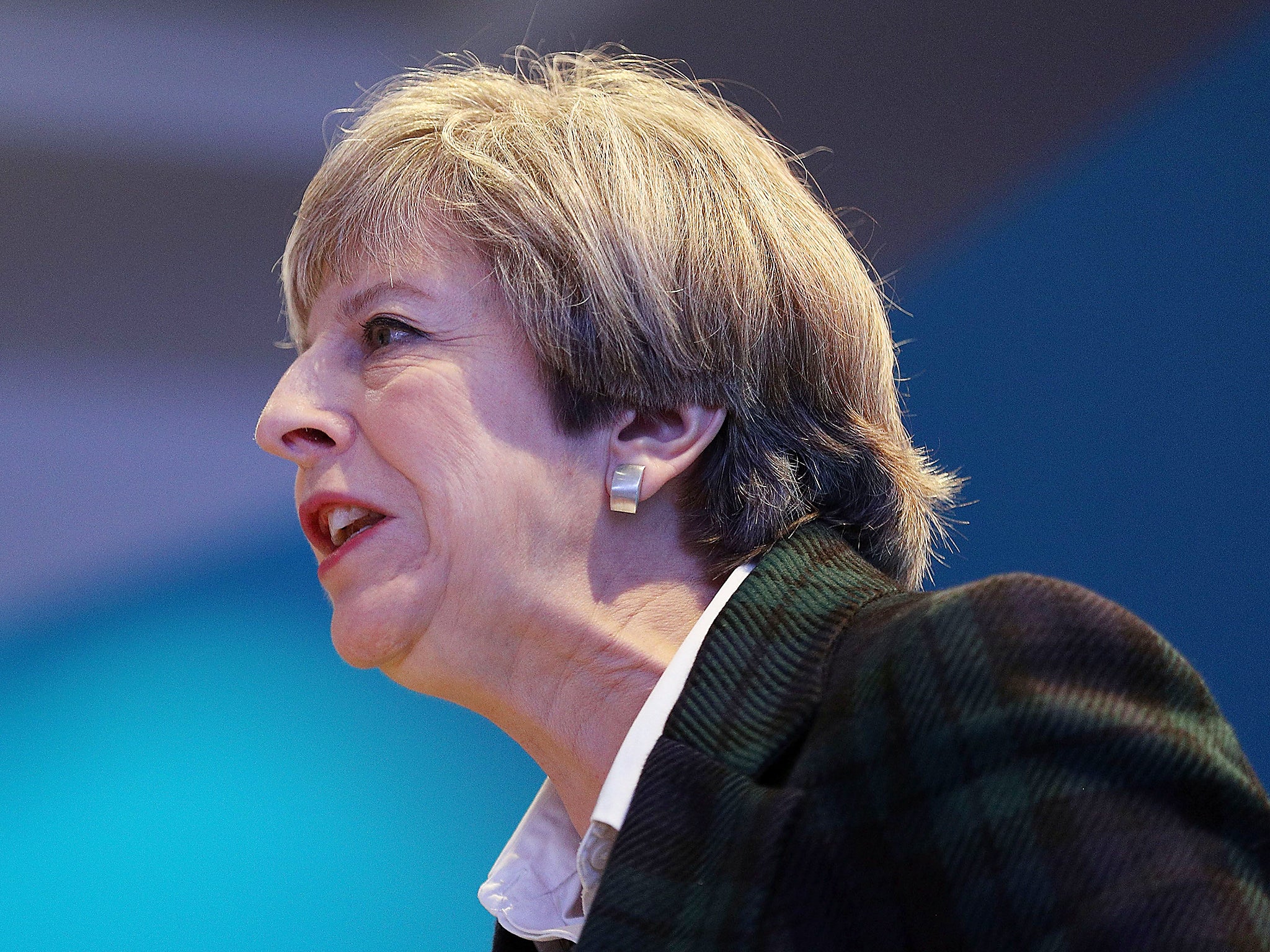'Dementia tax' was added to the Conservative manifesto behind Cabinet ministers' backs, say Tories
Two Cabinet ministers - Boris Johnson and Damian Green - refuse to say whether they were briefed

Your support helps us to tell the story
From reproductive rights to climate change to Big Tech, The Independent is on the ground when the story is developing. Whether it's investigating the financials of Elon Musk's pro-Trump PAC or producing our latest documentary, 'The A Word', which shines a light on the American women fighting for reproductive rights, we know how important it is to parse out the facts from the messaging.
At such a critical moment in US history, we need reporters on the ground. Your donation allows us to keep sending journalists to speak to both sides of the story.
The Independent is trusted by Americans across the entire political spectrum. And unlike many other quality news outlets, we choose not to lock Americans out of our reporting and analysis with paywalls. We believe quality journalism should be available to everyone, paid for by those who can afford it.
Your support makes all the difference.The so-called “dementia tax” was added to the Conservative manifesto at the last minute behind the backs of Cabinet ministers, Tories say.
The controversial plan – which appears to have slashed Theresa May’s poll lead – was inserted by Nick Timothy, the Prime Minister's powerful joint chief of staff, the Financial Times was told.
Both Boris Johnson, the Foreign Secretary, and Work and Pensions Secretary Damian Green have refused to say whether the Cabinet was briefed ahead of the policy announcement.
And one senior Tory told the Financial Times “it wasn't really run by anyone outside the inner circle”. John Godfrey, head of the Downing Street policy unit, is said to have advised against the move.
The “dementia tax”, as it has been dubbed by critics, would see thousands of pensioners who own their properties having to pay for care they receive in their own homes.
Their homes would then have to be sold to pay their bills, after their deaths, after the Prime Minister axed a commitment to impose a cap on lifetime care costs of around £72,000.
The policy has been criticised as unfair because older people would receive free NHS care for conditions such as cancer – but be forced to pay for conditions treated at home, including dementia.
Over the weekend, several polls cut the huge Conservative lead to single figures, with evidence that the proposal has backfired on the doorstep.
Mr Johnson hinted at a climbdown in one TV interview, saying: “I do understand people's reservations ... there will be a consultation on getting it right.”
But Mr Green insisted there would be no U-turn. “We have set out the policy, which we are not going to look at again,” he said.
Announcing the policy last week, Ms May claimed she was finally getting to grips with what she will called a “fundamental unfairness” of Britain’s social care system.
Mr Timothy is known to want to tackle generational unfairness, by shifting resources from older people to younger ones, struggling with low pay, poorer pensions and sky-high house prices.
The Tory plan would significantly raise the amount of assets people can keep before losing state help, to £100,000 – but this is less than the value of 90 per cent of homes.
But Labour has warned of a “triple whammy” about to hit pensioners, including a proposal to scrap the “triple lock” guarantee of rising pension payments.
Pensions will only rise by the higher of earnings or inflation, after 2020, instead of by at least 2.5 per cent, as under the triple lock supported by Labour.
Meanwhile, up to ten million pensioners will lose their winter fuel payments of up to £300, but not in “colder” Scotland.
Join our commenting forum
Join thought-provoking conversations, follow other Independent readers and see their replies
Comments